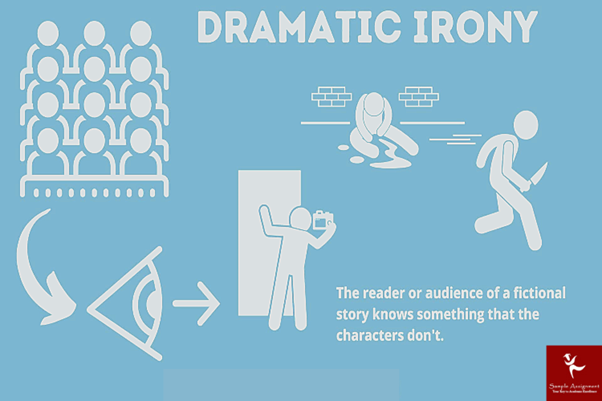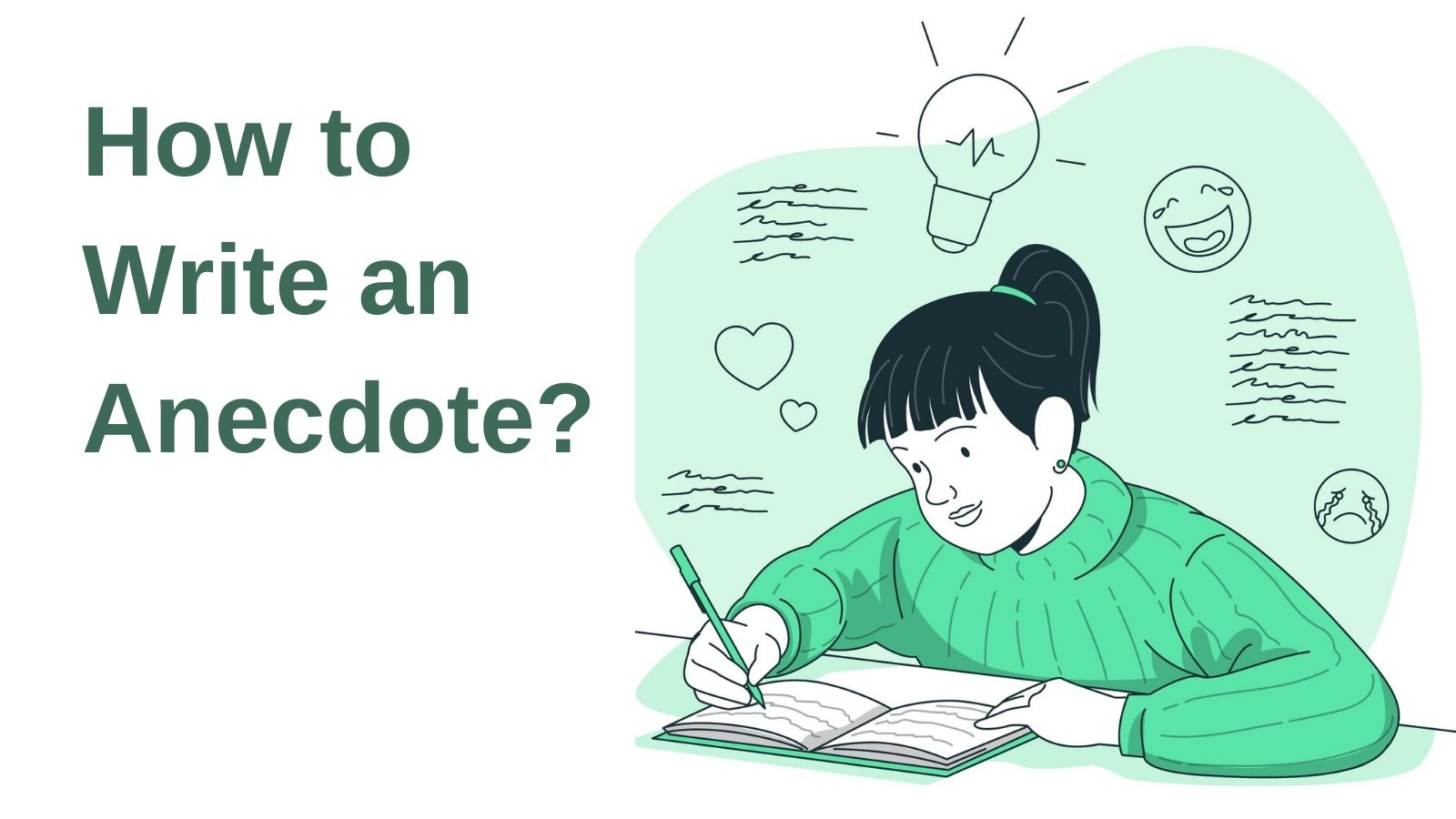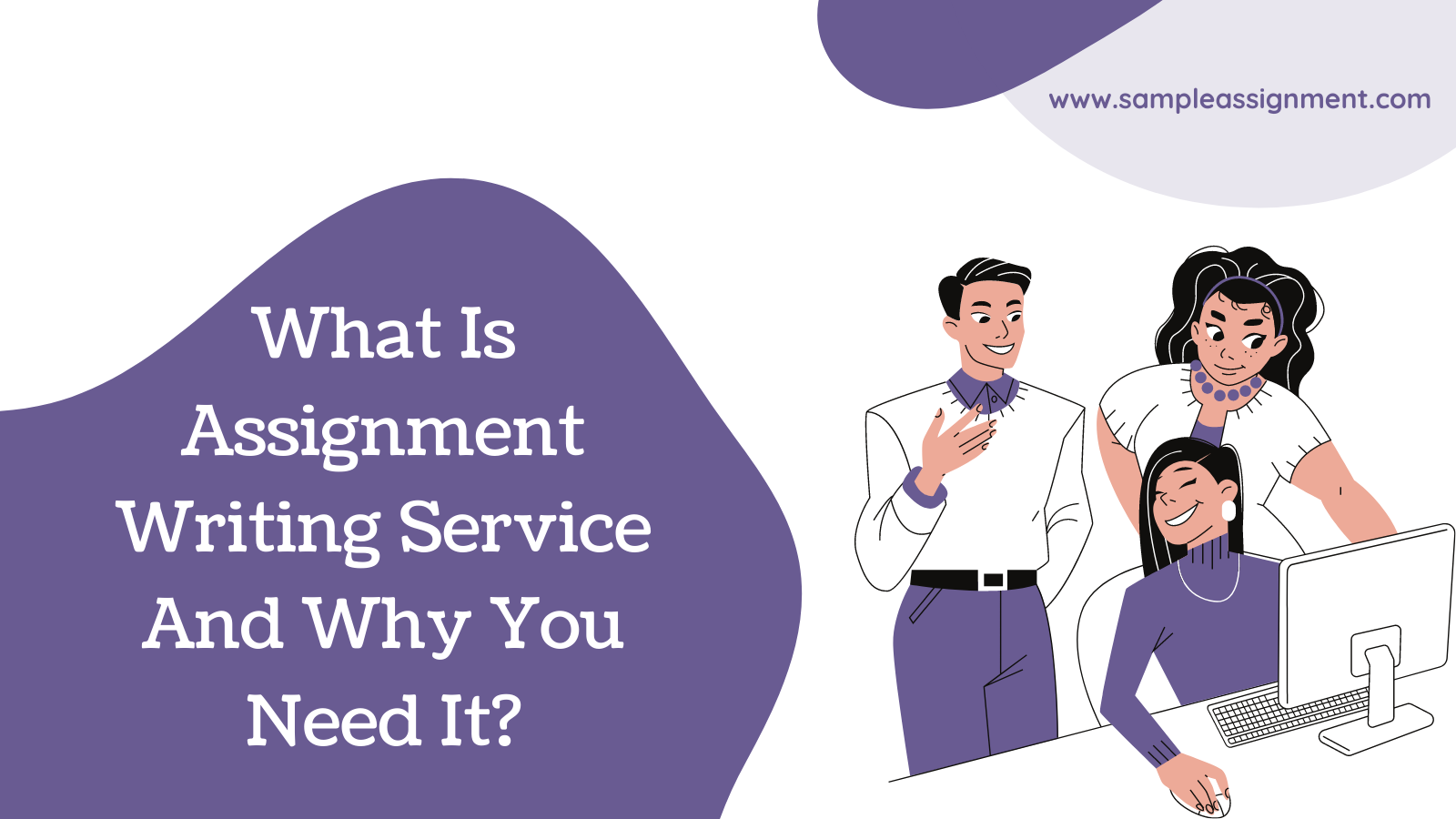
Dramatic irony is a significant aesthetic feature that may be observed in dramas, films, theatres, and even poems. This irony is used by writers as a narrative technique to create scenarios in which the viewer understands more regarding the events, the origins of problems, and its resolutions than the central protagonists or performers. As a result, viewers notice performers' dialogue taking on strange connotations.
Dramatic irony is a writing trope wherein the viewer's or audience's comprehension of occurrences or figures in a piece exceeds the awareness of the protagonists. Dramatic irony is a type of satire conveyed via the framework of a story: a viewer's consciousness of the scenario where a product's protagonists emerge varies significantly from the protagonists', as well as the actors' statements and behaviour thus take on a distinct paradoxical interpretation for the viewer since people do for the story's protagonists.
Dramatic irony is more commonly linked to drama, although instances may be seen in the writing and theatrical as well.
Dramatic irony in writing occurs if the audience sees better about the individual(s) in a narrative. Such clever dramatic approach grew famous in Greek tragedy – and, as is frequently the case with the genres, the diverse viewpoint results in terrible ends. Dramatic irony has three stages: installation, exploitation, and resolution.
Why Is Dramatic Irony Used?
Several authors employ dramatic irony as a powerful strategy for retaining and enthralling their audience. Suspense is generated by such a type of irony because it establishes a contradiction among the protagonists' situations as well as the happenings which occur. Dramatic irony elevates the audiences and readership over the protagonists by permitting them to discover significant truths before the central protagonists and also drives audiences to expect, wish for, and dread the time whenever a protagonist learns the reality underlying the narrative's developments and circumstances.
Dramatic irony is especially common in tragedy because audiences are led to sympathise with the central protagonists. As a result, the irony stresses the inevitability of mistakes on fair and unsuspecting individuals, as well as the severe repercussions of miscommunication.
Examples Of Dramatic Irony
- Shakespeare's big success, Othello, is a classic illustration of dramatic irony. Because the viewer is aware of Othello's best friend Iago being a terrible man out to destroy Othello. Viewers are even mindful of how Desdemona had remained loyal. Othello is unaware of any of those facts. That suggests that the crowd is anticipating certain explosions – but the unfortunate Othello is still clueless.
- Another example could be derived from Snow White. We understand from Snow White and the Seven Dwarves that the elderly lady carrying the apples is indeed the evil monarch that intends to murder Snow White yet fails. Snow White buys the fruit, bites it, then collapses.
- You learn from Shakespeare's Hamlet how Hamlet understands the reality regarding his father's death, and therefore he isn't insane. He is only fooling people to plot his retribution. He doesn't share his genuine sentiments with his fellow characters. However, the viewer is well conscious of it.
- A lady believes her lover is behaving oddly since he is ready to propose. However, the viewers realise he is going to flee with someone else, escalating tensions.
- In a horror film, a protagonist enters a residence that appears to be unoccupied, yet the viewer suspects the murderer is within. It heightens the tension.
- Occasionally a person is disguised, while the second actor converses with him as if he were a different character. Because the public is aware of this, it contributes to the levity of a discourse.
Dramatic Irony Vs Verbal Irony
Verbal irony is commonly compared to dramatic irony. The first is integrated into the framework of the composition. At the same time, the other often functions based on phrases that viewers or readership understand to hold interpretations other than the phrases alone if translated objectively. (Sarcasm may be thought of as a type of linguistic irony.)
Tragedy irony, contextual irony, and structure irony are likewise occasionally linked to dramatic irony; each of these categories is frequently thought to operate inside a structure that produces tiny variances in significance between themself.

Get Expert Help At Sample Assignment
We at Sample Assignment want to make sure that your educational development always continues, no matter what.
No reason to be scared; this is where we come in and save the day. Sample Assignment can handle all of your homework tasks and academic assistance through online tutoring when you are unable to do them yourself. The subject matter specialists and academic experts are all available to ensure that you never miss another due submission.
So without further ado, give our assignment help experts a ring and get your top-notch academic help now!
In various fields of study and writing, each assignment tutoring supplied to you by Sample Assignment is original and legitimate. To keep your mind at rest, our assignment writing help service provides a number of value-added services to help you get a jumpstart on your project and subjects.
Order Now @ Upto 50% Off
Get
Flat 50% Off
on your Assignment Now!















Loved reading this Blog? Share your valuable thoughts in the comment section.
Add comment